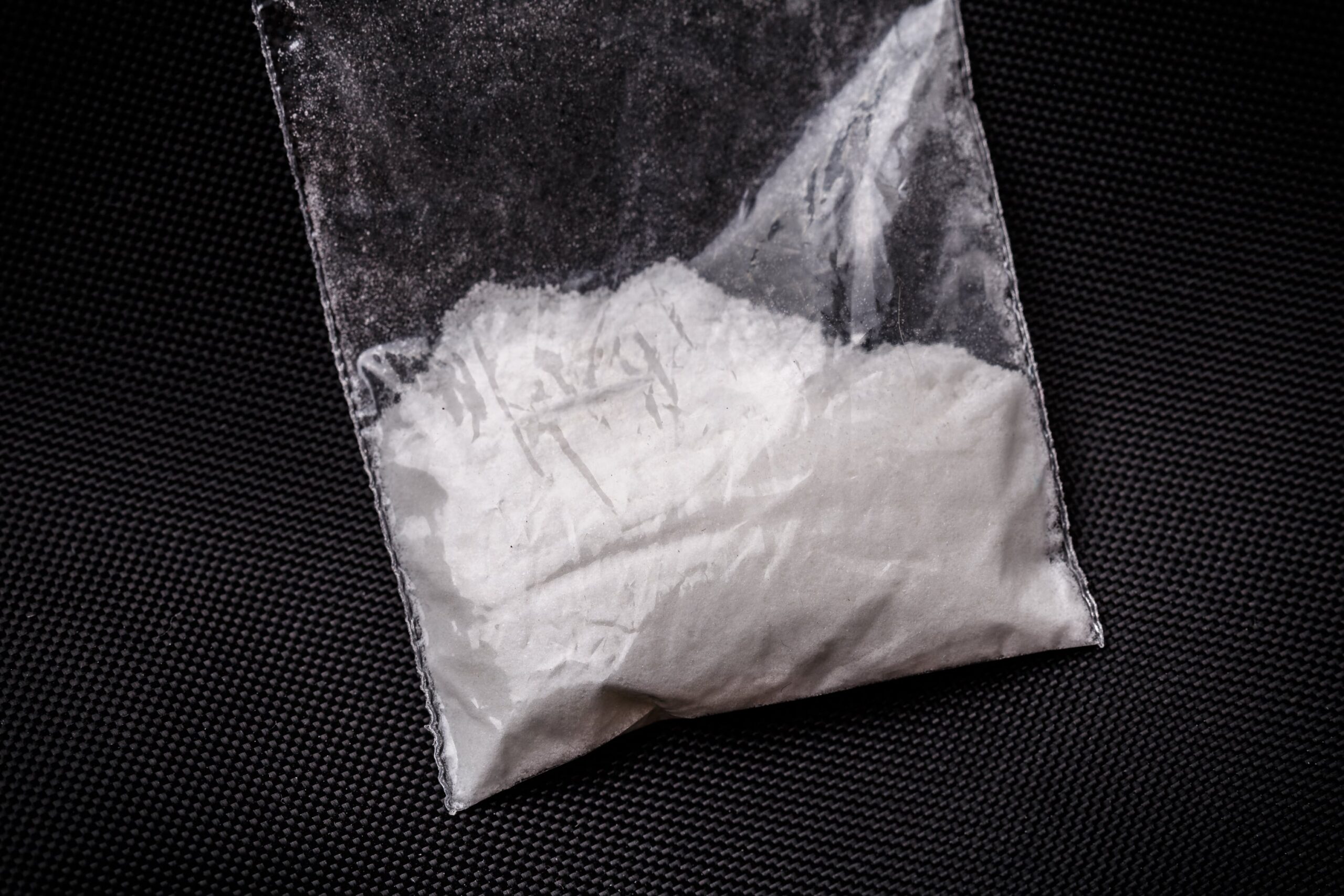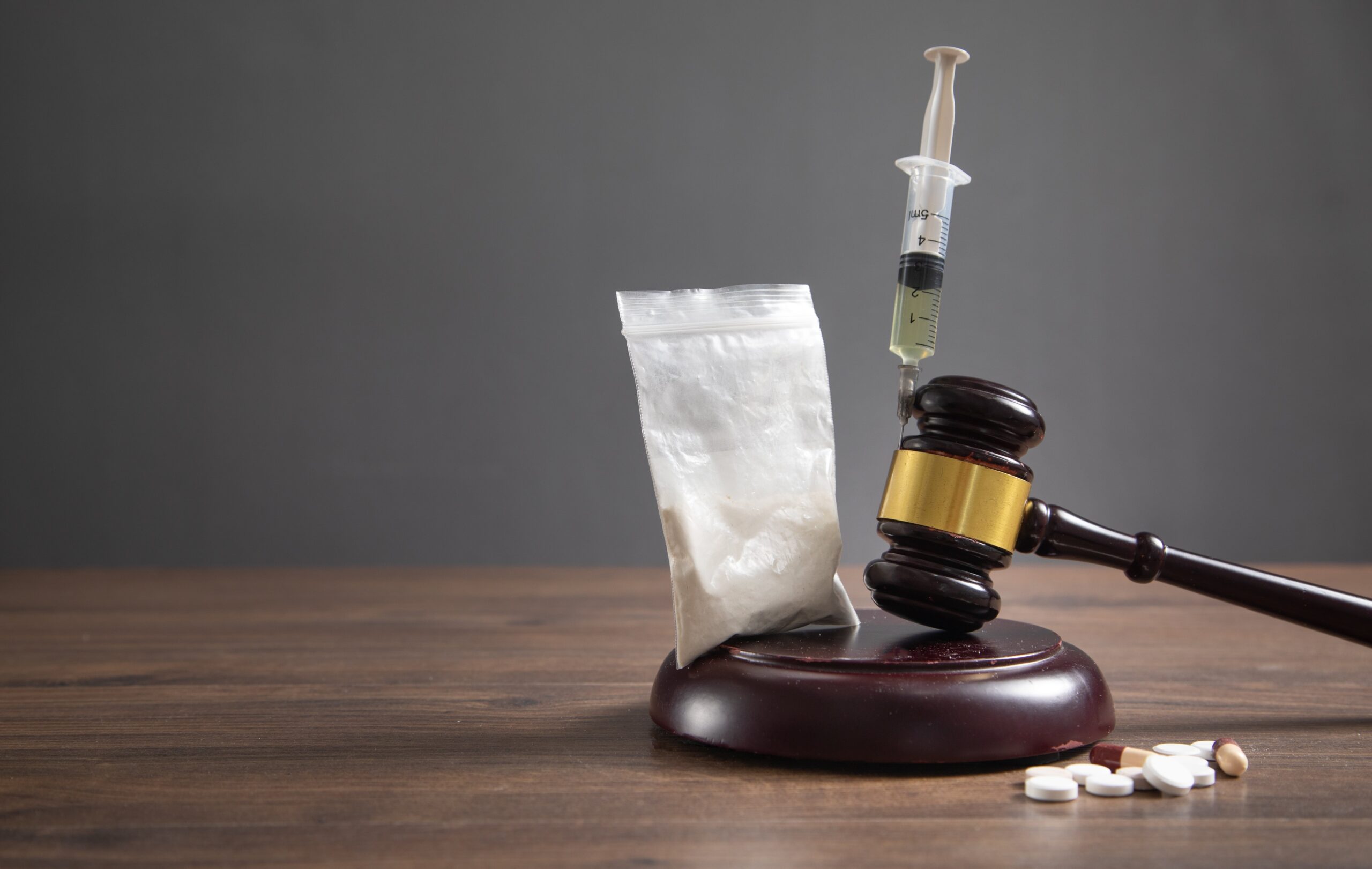Drug Supply On ‘Ongoing Basis’ – s 25A(1) Drug Misuse And Trafficking Act 1985 (NSW)
Our Sydney based specialist drug lawyers have established a unique skill, and proven track record over their 20 years on getting drug charges dropped or downgraded at an early stage of the case. They provide a guarantee on maximising your chances at getting your charges dropped and proving your innocence in court.
Our team have won a record number of complex and difficult Drug trials in and out of court for over 20 years. Charged with a drug offence is very difficult for you and family, which is why it is important to get immediate and realistic advice and representation by a specialist drug lawyer to guide you through the process and work around the clock to prove your innocence.
Call us now on (02) 8606 2218 to book a free first consultation with an experienced Drug Defence Lawyer.
Your Options in Court
In NSW, it is an offence to:
- Supply a prohibited drug
- On 3 or more separate occasions
- Within a period of 30 days
- For financial or material reward
To be found guilty to this charge, the police must prove each and every one of the above 4 elements of the offence. They must prove each element beyond reasonable doubt.
It is still an offence under this charge to supply a different prohibited drug on each of the 3 occasions.
What does ‘supply’ mean?
‘Supply’ includes, agreeing to supply, offering to supply, delivering, receiving the drug to supply, selling, distributing, keeping it in your possession to supply, sending, or allowing any of that to occur.
Defences to this charge
You will be found Not Guilty to this charge if any of the following apply to you:
- You gained no financial or material reward for any one or more of the 3 occasions of supply
- The 3 supplies of the drug occurred for a period more than 30 consecutive days
- There was less than 3 supplies over the 30 day period specified by police
- You did not intend to pass the substance off as a prohibited drug to the other person
- Duress or necessity
- You were licensed or authorised to supply the drug under the Poisons and Therapeutic Goods Act 1966
- You were supplying for scientific research, instruction, analysis or study acting under the authority granted by the Director-General of the Department of Health.
For practical and realistic advice on your defences, speak to one of our senior specialist drug lawyers by calling (02) 8606 2218. They will first focus on getting your charges dropped early, while preparing the best way to defend your charges.
Getting drug charges dropped
Our senior drug lawyers have successfully convinced police to drop and downgrade drug charges for over 20 years. They have developed a reputation and niche on focusing and specialising in getting charges dropped early and maximising the chances at getting the best possible result.
How is this done? The specialist drug lawyers are not juniors, they are seniors with extensive experience in drug charges. They regularly attend court with extensive knowledge about drug charges and how it is applied in real life. They carefully analyse the evidence, issue subpoena’s if required, and then pick out the holes in the police evidence before approaching the police officer and DPP lawyer.
Speak to a specialist drug lawyer before you plead guilty to this charge. If there is a defence available to you, a drug specialist lawyer will find it.
If you decide to plead guilty, the following information is critical to understand how to maximise your chances at the best possible outcome as any experienced drug lawyer should tell you about:
25% discount on your punishment
The timing of your plea of guilty effects your outcome. The earlier you enter a plea of guilty, the more discount on your punishment you are entitled to get from the Judge. This is why it is important to receive experienced and quick advice as early as possible in your case for a better outcome. You could receive up to 25% discount.
Negotiate to drop charges
This is what we specialise in. We are proud to say we guarantee to maximise your chances at achieving the best possible result. One of the ways we commonly achieve this is by negotiating with police by carefully analysing the police evidence, point out all the holes in their case and tactfully approaching police with reasons why they should drop or downgrade the charges.
Yes, there is almost always room to negotiate your charges. This can mean getting your charges dropped or even downgraded to a lesser serious charge causing a much more lenient punishment and better outcome especially if it can mean avoiding prison.
Negotiate facts
Much like negotiating charges explained above, an experienced drug lawyer can negotiate to change the facts that the judge will read to make it more favourable to you, reflecting you in a better light.
This can be done by carefully analysing the police evidence of your case, point out all the problems in the police evidence, and then approach the police officer and DPP in a way that will maximise your chances at success. We have successfully achieved this, and continue to succeed in achieving this countless times over and over again for our clients.
Good character references
Good character references are letters from your family, friends, and colleagues from work who express their knowledge of your charges, your remorse and insight, and all the good they have seen you do in the time they have known you for.
Character references are your opportunity to give the Judge more information about who you really are.
A well drafted and structured character reference can have a significantly more favourable effect on your punishment. Giving you a much better outcome.
Our experienced drug lawyers will guide you through the entire process with advice on which people to obtain one from, what things to talk about, and structure of the letters.
Psychologist or psychiatrist report
A report from an experienced and well respected psychologist or psychiatrist can give you a significantly more lenient punishment, even avoid prison for the following reasons:
- Suffering a mental condition entitles you to a more lenient punishment if it is sufficiently connected with your offending conduct. The best way to confirm this is through a specialist and well respected psychologist or psychiatrist to put in a report. Some common mental conditions are depression, PTSD or schizophrenia.
- It is one of the best ways to express your insight and remorse to the Judge. This is a way to allow the Judge to give you more leniency in the punishment.
- It is an excellent way of expressing an explanation, not a justification, for your actions. For example, some people commit drug supply offences to feed their own addiction. This can entitle you to leniency and a better outcome.
- A report that provides a treatment plan with all that you have done to treat your condition gives the Judge allowance to give you more leniency because it shows prospects of your rehabilitation. It is a way to assure the Judge you are now on the right path and unlikely to reoffend.
Maximum penalty
The maximum punishment under section 25A(1) Drug Misuse and Trafficking Act 1985 (NSW) for the offence of supplying prohibited drugs on an ongoing basis is a term of up to 20 years imprisonment, and/or a fine $385,000.
The maximum is given to only the most serious cases, and Judges usually use it as a guide. It is rarely given.
Types of penalties available to Judge
The Judge can give you any one of the following types of punishments. Which one you will get depends on the above factors, and other factors discussed further below:
- Section 10 Dismissal
- Conditional Release Order
- Fine
- Community Correction Order
- Intensive Correction Order
- Full Time Imprisonment
The punishment the Judge decides to give you will depend on the things mentioned above. But the Judge will look at additional factors noted below.
More factors Judge will look at when considering the type of punishment to give you
Quantity and Purity of Drug: The less your drug weighs and the less the purity of it, the more lenient punishment you are likely to receive as a general rule. The greater the weight and purity, the harsher will be the likely punishment. However the higher court decisions such as R v Shi [2004] NSWCCA 135 says that the weight is not the only determinant factor for the Judge. In fact it is more important for the Judge to look at your role and level of participation in the offence.
Role and Level of Participation: You are likely to receive a much more lenient punishment and better outcome if your role and level of participation in the supply of the drugs is low. Your punishment will be more serious if you are the mastermind behind the supply of the drugs, especially if you had pre planned this months in advance. On the other hand, your punishment is likely to be much lighter if you were acting as a mere courier or middle man requested to do this at short notice without any further involvement.
Planning or organised criminal activity: Your punishment is likely to be more serious if your planning exceeds that ordinarily expected of an offence of this kind.
The case of Stokes v R [2008] NSWCCA 123 is a perfect example where the court gave a more serious punishment because the offender’s role and participation exceeded what would ordinarily be expected for these offences. For example, he was not supplying to fund his own habit, rather, it was for profit and involved a variety of contacts and sources from which the different kind of drugs could be obtained, and a system of bringing users in contact with suppliers.
Supplying for financial reward or drug habit: you will face a more lenient and better outcome if you committed the offence to maintain your drug habit rather than for profit. This is important for the Judge to know because it tells the court your motivation for committing the offence as an explanation.
How to avoid prison?
The general rule of law is, there is room to avoid full time prison if your dealings of supplying drugs does not involve “trafficking to a substantial degree”.
An example of “trafficking to a substantial degree” would include the use of coded text messages and telephone conversations, purchase of flight tickets, hotel rooms, contact with co-offenders and concealment of drugs.
The Judge will give you a more lenient punishment if the following applies to you:
- You express remorse
- Your young age and difficult upbringing and background
- You express a high level of insight into your offending conduct
- You have expressed, through medical reports, excellent prospects of rehabilitation which can convince the Judge you are unlikely to re-offend
- You are of otherwise good character. This can be expressed in your good character references
- There was no substantial harm or loss caused about from your conduct
- No prior or limited criminal record






